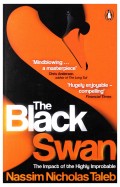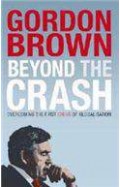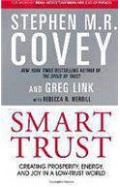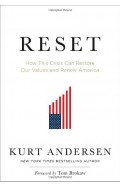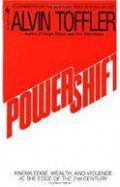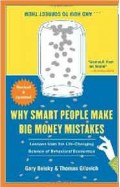- Home
- Urdu Books
- Children's Urdu Books
- Business & Management
- Business & Finance
- Boom Country The New Wave of Indian Enterprise
Boom Country The New Wave of Indian Enterprise
By: Alan Rosling
-
Rs 537.75
- Rs 1,195.00
- 55%
You save Rs 657.25.
Due to constant currency fluctuation, prices are subject to change with or without notice.
In Boom Country?, Alan Rosling, entrepreneur and strategic advisor in India for over 35 years, explores an unmistakeable and profound change that is underway in the Indian business landscape. A fresh wave of enterprise and start-ups; rapid advancements in technology; government reform and recently developed pools of risk capital, he holds, are contributing increasingly to a massive expansion in new business – all of it underpinned by a deep social change, a willingness to ‘do things differently’, especially among the young.
Drawing upon his own experiences and more than 100 interviews with Indian entrepreneurs – representing traditional leading business houses (Tata, Mahindra, Birla and Godrej), established first-generation entrepreneurs (Sunil Mittal, Kishore Biyani and Narayana Murthy, among others) and new-generation start-ups (including Sachin Bansal, Bhavish Aggarwal and Vijay Shekhar Sharma) – as well as forces of the government, Rosling provides an incisive and in-depth analysis of the opportunities and challenges, both traditional and contemporary, of doing business in India.
Yet, the growing uncertainty of global trends and India’s own record of under-performing despite its massive potential, lead him to one vital question: Can the current upsurge in entrepreneurial activity – imperfect and early as it may be – really reshape India’s economy and propel it towards becoming a true boom country for new enterprise?
| Book | |
| What's in the Box? | 1 x Boom Country The New Wave of Indian Enterprise |
In Boom Country?, Alan Rosling, entrepreneur and strategic advisor in India for over 35 years, explores an unmistakeable and profound change that is underway in the Indian business landscape. A fresh wave of enterprise and start-ups; rapid advancements in technology; government reform and recently developed pools of risk capital, he holds, are contributing increasingly to a massive expansion in new business – all of it underpinned by a deep social change, a willingness to ‘do things differently’, especially among the young.
Drawing upon his own experiences and more than 100 interviews with Indian entrepreneurs – representing traditional leading business houses (Tata, Mahindra, Birla and Godrej), established first-generation entrepreneurs (Sunil Mittal, Kishore Biyani and Narayana Murthy, among others) and new-generation start-ups (including Sachin Bansal, Bhavish Aggarwal and Vijay Shekhar Sharma) – as well as forces of the government, Rosling provides an incisive and in-depth analysis of the opportunities and challenges, both traditional and contemporary, of doing business in India.
Yet, the growing uncertainty of global trends and India’s own record of under-performing despite its massive potential, lead him to one vital question: Can the current upsurge in entrepreneurial activity – imperfect and early as it may be – really reshape India’s economy and propel it towards becoming a true boom country for new enterprise?
Boom Country The New Wave of Indian Enterprise
By: Alan Rosling
Rs 537.75 Rs 1,195.00 Ex Tax :Rs 537.75
Zubin Mehta: A Musical Journey (An Authorized Biography)
By: VOID - Bakhtiar K. Dadabhoy
Rs 472.50 Rs 1,050.00 Ex Tax :Rs 472.50
The Black Swan The Impact Of The Highly Improbable
By: Nassim Nicholas Taleb
Rs 2,636.00 Rs 3,295.00 Ex Tax :Rs 2,636.00
Beyond The Crash: Overcoming The First Crisis Of Globalisation
By: Gordon Brown
Rs 316.00 Rs 395.00 Ex Tax :Rs 316.00
Reset: How This Crisis Can Restore Our Values and Renew America
By: Kurt Andersen
Rs 400.00 Rs 500.00 Ex Tax :Rs 400.00
Powershift Knowledge Wealth And Violence at the Edge of the 21st Century
By: Alvin Toffler
Rs 1,271.25 Rs 1,695.00 Ex Tax :Rs 1,271.25
High Financier: The Lives And Time Of Siegmund Warburg
By: Niall Ferguson
Rs 1,787.50 Rs 2,750.00 Ex Tax :Rs 1,787.50
Why Smart People Make Big Money Mistakes and How to Correct Them
By: Gary Belsky
Rs 627.75 Rs 1,395.00 Ex Tax :Rs 627.75
Switch: How to change things when change is hard - (PB)
By: Dan Heath
Rs 767.25 Rs 1,395.00 Ex Tax :Rs 767.25
No similar books from this author available at the moment.
No recently viewed books available at the moment.
Zubin Mehta: A Musical Journey (An Authorized Biography)
By: VOID - Bakhtiar K. Dadabhoy
Rs 472.50 Rs 1,050.00 Ex Tax :Rs 472.50
Boom Country The New Wave of Indian Enterprise
By: Alan Rosling
Rs 537.75 Rs 1,195.00 Ex Tax :Rs 537.75











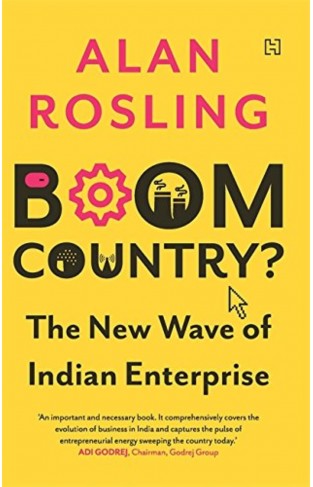
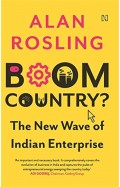
-120x187.jpg?q6)





